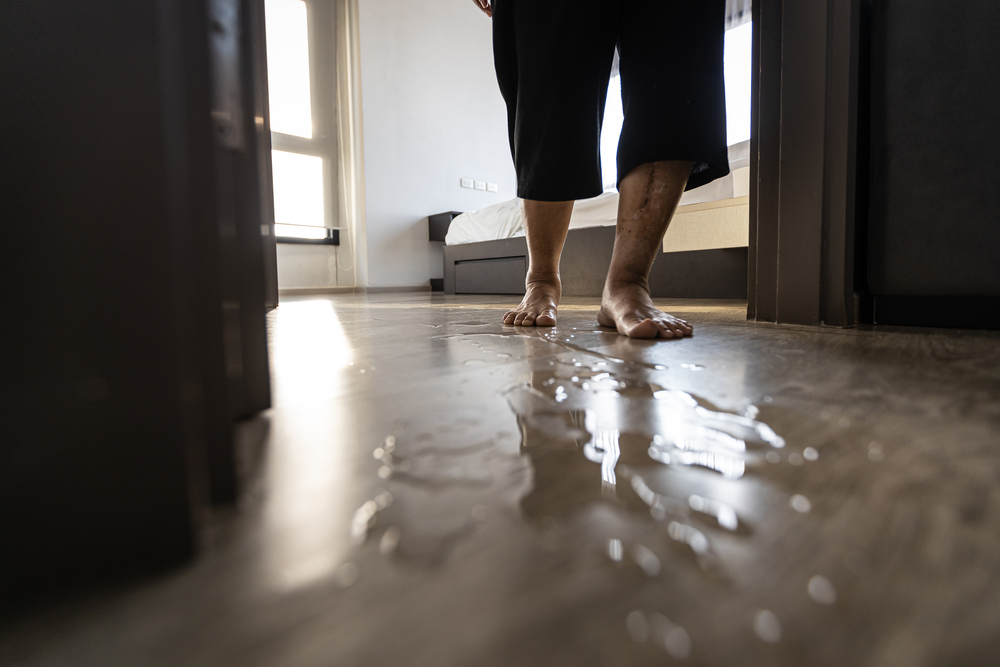
More Joy, Less Stress: Pets and Their Benefits for Seniors
Why do people bring pets into their homes? Some do it to teach their kids responsibility, some are craving companionship,...
Continue ReadingWe will care for your loved one so they can live life to its fullest and you can go on without the weight of worry.

Why do people bring pets into their homes? Some do it to teach their kids responsibility, some are craving companionship,...
Continue Reading
Electrolytes are important for keeping your body functioning normally. Staying properly hydrated, regulating chemical reactions, and maintaining proper muscle function...
Continue Reading
For many seniors, a sudden onset of stuttering can be not just frustrating, but also concerning. It can be scary...
Continue Reading
Date: February 20, 2024
Category:
Hallucinations in elderly adults with urinary tract infection (UTI) can be quite common. But why do UTIs cause mental confusion?...
Continue Reading
Date: February 15, 2024
Category:
Most of us think that joint issues, and specifically knee pain, are an inevitable part of aging. While some aches...
Continue Reading
While typically associated with children, attention deficit hyperactivity disorder (ADHD) is prevalent in the elderly. ADHD in seniors is often...
Continue Reading
Date: February 8, 2024
Category:
As we age, dementia is one of the most common issues older adults will experience. By now, most people are...
Continue Reading
Body mass index, or BMI, refers to the measurement of body fat based on height and weight. It is calculated...
Continue Reading
Date: February 1, 2024
Category:
Have you ever noticed that your senior loved one’s eyes appear to be glazed over? They could be staring blankly,...
Continue Reading
Falls by older adults can be concerning, especially when they happen on a recurring basis. But why do the elderly...
Continue Reading